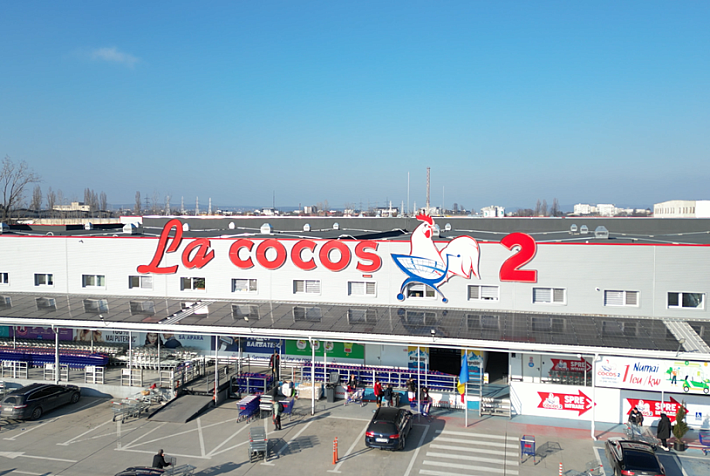Apartment transactions in Romania drop 9% in first four months of 2025, Colliers says

Romania’s residential property market is off to a slow start in 2025, with apartment transactions down nearly 9% in the first four months of the year compared to the same period in 2024, according to real estate consultancy Colliers. The capital saw an even sharper decline, with Bucharest recording a 12% drop in transactions, as higher inflation, tighter credit access, and rising construction costs weighed heavily on the market.
The drop in activity reflects a combination of factors undermining both consumer confidence and purchasing power, said Gabriel Blăniță, Associate Director at Colliers Romania.
“A slowdown in the labour market, cooldown in wage growth, uncertainties tied to the electoral context, and the continued rise in housing prices have created a challenging environment for transactions. Access to bank financing has also become more restricted due to high inflation and ongoing economic instability,” he explained.
“The pressure is even more acute in the case of new apartments. The removal of certain tax incentives in January 2025 has driven up labour costs, narrowing developers’ margins and pushing housing prices even higher. At the same time, the shortage of construction workers is becoming increasingly apparent, particularly as infrastructure projects advance at a rapid pace.”
The housing supply has also taken a hit. After a nearly 20% drop in housing completions in Bucharest in 2024, 2025 has yet to show signs of significant recovery. While official data showed a 9% increase in construction activity in the first quarter, Colliers warns that this will not be enough to return to previous delivery levels.
Despite the slowdown, demand remains high. According to Eurostat, interest in buying a home in Romania is near all-time highs. However, affordability continues to erode for many buyers who rely on bank loans. Inflation and high financing costs, combined with the likelihood of fiscal measures aimed at reducing the national deficit, are adding to the challenges.
Colliers expects inflation to remain elevated in the medium term, limiting the central bank’s ability to ease interest rates. The uncertainty is also affecting developers, particularly in the mid-market segment, who are increasingly hesitant to launch new projects.
As purchasing a home becomes more difficult, the rental market is emerging as a more attractive alternative. Around 15% of Bucharest’s residents currently live in rental properties, and that share is expected to grow, following trends seen in other European capitals.
irina.marica@romania-insider.com
(Photo source: Moruzx/Dreamstime.com)













